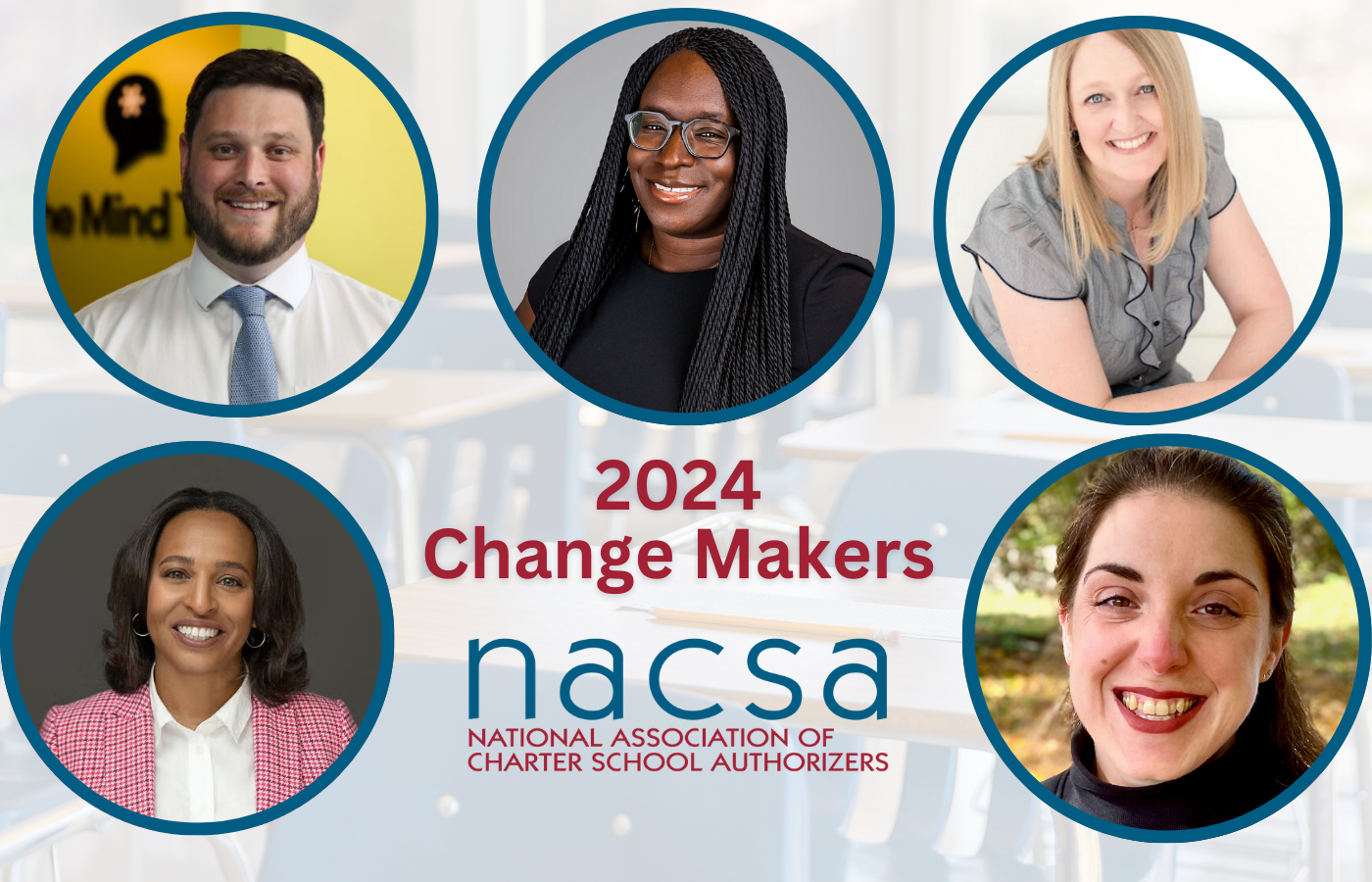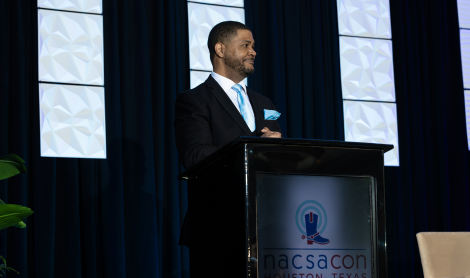The National Association of Charter School Authorizers (NACSA) has a long, bipartisan history of addressing charter school opportunities and challenges honestly. We believe it is the responsibility of every authorizer to live up to their responsibilities and to ensure every charter school is a great school that works for students, communities, and taxpayers.
Miguel Cardona’s confirmation to become President Joe Biden’s Secretary of Education is scheduled to take place on Wednesday, February 3rd. Given this historic event, we thought it would be a good time to share out the following ideas NACSA has provided the incoming Biden Administration so far. Together, we can foster a charter school sector that is accountable to the public, fosters transparency, and provides the autonomy needed to reflect community needs.
1) Invest in what works: The federal Charter School Program. The Charter School Program (CSP), created during the Clinton administration, has a nearly 25-year history of supporting great charter schools, while also strengthening state and local systems of accountability. Within CSP, we strongly encourage the Administration to:
- Continue meaningful funding for the CSP, distributing funds in a way that reflects the impact the grants have on high quality authorizing.
- Encourage States to invest in statewide activities that can improve charter school quality and oversight, which may include activities like: improving charter board governance;; initiatives to support quality service delivery to student subgroups, such as the creation of special education cooperatives; or initiatives that support leaders of color and those with deep community ties to start and expand charter schools.
- Require that authorizers and nonprofit charter school boards in states with a CSP grant to abide by national best practices for contracts with any school management organization.
- Continue using the National Activities authorization to invest in and support quality authorizing—in states and across the country.
- Remove administrative roadblocks that prevent states from accessing the grant funds they need to start impactful Technical Assistance projects.
2) Leverage the Federal Investment in Charter Schools to Learn What Works and Disseminate the Best State Innovations. The charter sector will continue to innovate as it grows, and as that happens new issues often emerge. To keep up with this pace of change the Department of Education needs to use its unique national position to:
- Elevate proven practices: NACSA urges the Administration to continue its role as an active clearinghouse of the best practices in the charter sector.
- Engage in data collection: NACSA recommends the Administration continue annual data collection on various aspects of the charter school sector. This should include the new data collection, via EDFacts, on Charter School Management Organizations, charter school affiliations, and charter school authorizers.
- Be a beacon of leadership on emerging issues: NACSA recommends the administration continue the Department’s long, bi-partisan history of working to address issues in the charter sector as they emerge. Right now, this includes questions about accountability and access during the COVID-19 pandemic, virtual charter schools, community involvement in charter school decision making, and for-profit Charter Management Organizations.
3) Engage with Charter School Authorizers as You Explore New Programs and Investments: Though we might not grab headlines, charter school authorizers have been on the front lines of the push for outcome-based education reform since the first charter schools were opened more than 25 years ago. This experience is increasingly being leveraged outside the authorizing space by partners that have an interest in diverse school success. NACSA encourages the Administration and the Department to engage with charter school authorizers for projects beyond charter school oversight to leverage its many practices and teachable skill sets that can be successfully adapted to the larger public school sector.
4) Continue Addressing the COVID-19 Pandemic: As the Administration looks to continue addressing the pandemic, we want to voice our support for the following additional stabilization policies:
- Education Stabilization Fund: We strongly support an additional allocation to this fund, with specific language on equitable fund distribution to charter schools.
- Stabilization fund for special student populations: English Language learners, students with disabilities, and students who are homeless. We support the creation of a stabilization fund(s) tied to special student populations, including English language learners (Title III), students with disabilities (IDEA and Section 504 of the Rehabilitation Act), and homeless and foster youth (Title IX).
- Assessments and Accountability in the 20-21 School Year. NACSA supports the implementation of statewide testing at some point in 2020-2021. However, we do not support using results from 2020-2021 annual statewide assessments for high-stakes accountability in 2020-21 for any public school, including charter schools. (See full statement).
- E-Rate: Funding and Flexibility: We join many in the charter school and education community in requesting that schools and libraries be able to use FCC e-rate funds to support home internet access for students.
- Food Assistance: We support additional funds and flexibility authorization for all federal programs that provide food assistance to those in need, including the USDA School Nutrition program, the Supplemental Nutrition Assistance Program (SNAP), and the Emergency Food Assistance Program for food banks. Flexibilities and supplemental funding should be extended for as long as needed to appropriately address the needs of students and families during this time.


